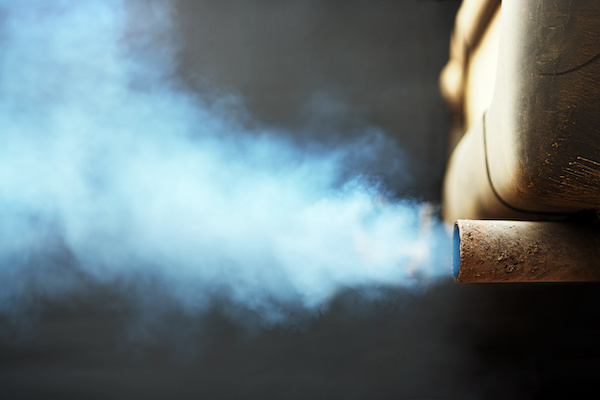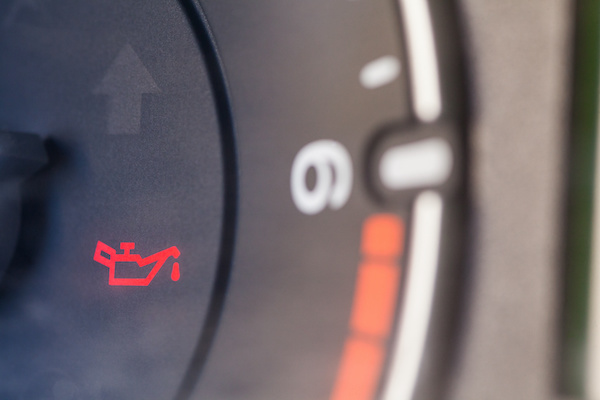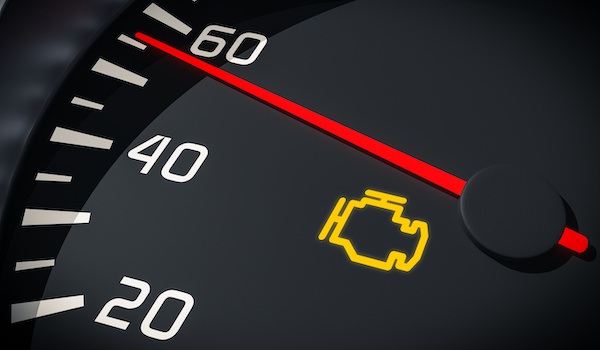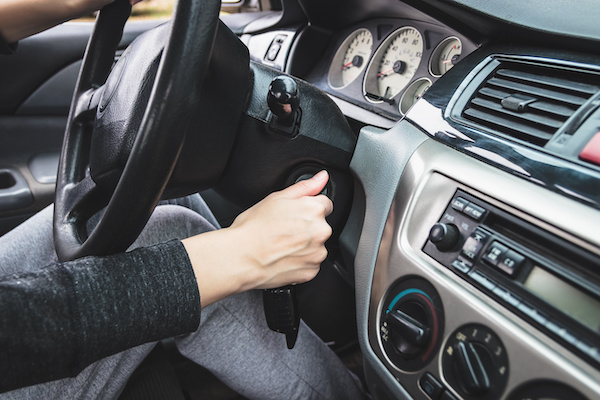Posted on 12/8/2021

It's December, which means the holidays are in full swing. This time of year means celebrating with family and friends, which most likely means there's going to be some long-distance driving involved. With everyone in a frenzy, it's important to keep safety at the forefront. Driving during this time of year can be hectic as the number of drivers on the road increases. To ensure you have safe travels, you will need to watch out for the hazards that winter brings, including rainy or snowy weather and negligent drivers. Whether you're going from one place to another for work or leisure, we want you to be extra careful on the road. You can reduce the risk of an accident or serious injury by following these safe driving tips! Check the Weather: Before heading out of your house, it's best to check the weather report. Nowadays, you can do it with a simple touch on your phone. Inclement weather can be a hazard, and you might not know what to expect when your trave ... read more
Posted on 11/5/2021

It's fall, which means tons of vehicles will be lining up in stadium parking lots before a football game. Your mouth might salivate thinking about the fresh-off-the-grill hot dogs and burgers. You'll probably also hear the loud buzz of chanting, music, and conversations. Tailgate season has arrived, and if you want to have a good time, make sure you bring these items along with you! Compact Grill It's not a tailgate unless you have a barbeque, so make sure this is one of the top items on your packing list! If you want some delicious wings, burgers, or hot dogs, you'll want to have one of these on hand. Cooking Tools The food isn't going to cook itself on the grill, so you'll need some tools to handle the food safely: Spatula Tongs Knife Cutting board Meat thermometer Grilling gloves Oil Table Food, Beverages, and Supplies And of course, you're going to need the actual food. And you'll need to pair it with utensils (plates ... read more
Posted on 10/12/2021

A vehicle that is experiencing internal problems may display various sorts of symptoms. Sometimes warning signs can come in different forms of noises, vibrations, smells, or even colorful exhaust smoke. Your emissions can be very telling on what's happening inside your car. The gas you see spew out of your tailpipe can be different colors: black, white, blue. Here's what they may indicate: Black Exhaust Smoke Thick clouds of dark grey or black smoke coming out of your pipe can only mean one thing: your car is running too much gas. This means that your vehicle is overusing fuel to make the engine run. One of the most common reasons behind this problem is a clogged air filter. Whatever the origin is, there is an improper air and fuel mixture. As a result, you may see a loss in fuel efficiency. White Exhaust Smoke A cooling system leak that makes its way to the engine can emit large, white clouds of smoke. Your engine should not burn anything besides gas. In addition to this a ... read more
Posted on 9/15/2021

To make this quick, the answer is: No, it's not safe to drive with the oil light on. In fact, it can be pretty hazardous. If the oil light is lit on your dash, you should take care of this problem as soon as you can. What Does The Oil Light Mean? It's important to know what the oil pressure signifies in the first place so that you are aware of your situation. The image above shows the symbol for the oil warning light. You should not take this situation lightly, as it is an indication that your engine has lost normal oil pressure. If you see this light on, we highly suggest that you stop driving your vehicle immediately and turn off your engine. Driving with this light on your dash can cause severe, irreversible engine damage. Although you can't determine the severity of the oil pressure problem right away, the best thing you can do is to treat it like a worst-case scenario. If the oil light is on, you may also notice other signs of lo ... read more
Posted on 8/16/2021

We understand it is still August, but the 2021-2022 school year will be here before we know it. Now is the perfect time to make sure your vehicle is suited to handle the carpools, college commutes, and even trips back to the office. Despite where and when your back-to-school season starts, our team of experts at Lorentz Automotive has relevant car maintenance tips to share. TIP #1: INSPECT YOUR TIRES It would help if you first did something most drivers often overlook: check the tread wear on your tires. The wheels on your automobile are legally required to have a minimum of 2/32 of an inch of wear. However, the industry highly suggests that you have your tires replaced with as little as 4/32 of an inch to ensure the most safety. Tires that are overworn are hazardous for several reasons: Hindered stopping power Higher likelihood of a tire blowout Loss of tire traction in wet weather conditions TIP #2: CHANGE YOUR OIL Motor oil is the lifeline of every vehicle, whi ... read more
Posted on 8/11/2021

Every vehicle has an internal computer that uses the information to alert you of a problem in pretty much any part of your car. Consequently, none of the warnings are voluntary. The check engine light is one of these warnings that spell trouble and cannot simply be ignored. The issues are stored in a trouble code that can be decoded by an electronic scan tool. Can I Drive with the Light On? When the 'Check Light' illuminates on your dashboard, you should pay attention to the behavior of the light. If the check engine light flashes for more than several seconds, the problem is pretty major. It would be best if you pulled over to check the car immediately. However, if the light does not flash, you can continue driving if the vehicle is not having operational issues. Regardless of flashing or still light, you will need to take your car to a trusted mechanic sooner or later. What are Common Reasons for a Check Engine Light To Come On? The check engine light may ... read more
Posted on 7/25/2021

There's nothing more annoying than hopping into your car, putting the key in the ignition, just to be taken aback that your car won't start. This happens to everybody at one point or another in the journey of car ownership. Your first thought should be: is it the battery or alternator? Here are several common reasons why your car won't start (and how to fix the problem). Battery Issues The first thing that most people blame when their vehicle doesn't start is the battery. While the length of battery life varies from one car to another, most automobile battery makers suggest changing out your car battery every 4-5 years. There are a couple of signs that your battery is on the verge of dying: It has been at least five years since you've had your battery replaced. Your engine is slow to start. You need to jump-start your car every time. You hear a clicking sound when turning your key. Interior/exterior lights do not work when starting the vehicle. Alter ... read more
Posted on 6/1/2021

Summertime is known to be a time of adventures and relaxation, but some of us aren’t ready to take that risk of traveling yet. However, there are still plenty of fun and Covid-free things to do in your car this summer. Here are four fantastic ways to have fun with your car this summer: Get Ice Cream Having delicious scoops of ice cream is a quintessential activity that can be done almost anywhere. Choose a local creamery and head on over with the family. Most importantly, don’t forget the sprinkles! Go Stargazing If you have a convertible or wide panoramic roof in your car, this activity is perfect for you. Check the local news to scope out when the next meteor shower or celestial event is happening. Additionally, there are also plenty of stargazing apps that can help you map out the sky. Head outside of the bright-lit city and enjoy the beautiful views. Go to a Drive-In Drive-in theaters may seem outdated, but there are still plent ... read more
Posted on 5/17/2021
.jpeg)
Oxygen sensors have a specific job to do, and that is to check the oxygen levels in your vehicle. They send their findings straight to your vehicle's powertrain control module, and from there important information regarding your exhaust system is processed to detect any potential problems. Your oxygen sensor does its part in modulating these oxygen levels in your exhaust. This helps in detecting issues with the balance between fuel and oxygen inside the exhaust system. When this delicate balance gets disrupted, you'll know. You will start to notice changes right away which signal the need for immediate attention. Yes, it is possible to have too much or too little air inside your exhaust. Too much of it tells you that there is a fuel deficiency, whereas too much of it indicates that your oxygen levels are too low. Either way, the powertrain control module receives this vital information and starts to adjust those levels accordingly. If fuel levels are off, adjustments will be ... read more
Posted on 4/21/2021
.jpeg)
To ensure optimal performance of your vehicle, you should have the fluids regularly flushed as part of your routine maintenance. As a rule of thumb, you should have a coolant flush every 30,000 miles. The coolant plays a vital role in keeping the engine cool and prevents likely heat damage. Benefits of Getting a Regular Coolant Flush: • A coolant flush helps remove scale deposits and rust that might have accumulated over time. If left unchecked, these deposits may reduce the efficiency of the cooling system, damage it, and lead to overheating, even when there is adequate coolant. • The new coolant brands have an antifreeze that helps lubricate the water pump, thereby extending its life. Regular change helps enhance the lubrication. • The coolant has anti-rust properties that lower the accumulation of rust deposits in the cooling system. A car needs a new supply of coolant every while to prevent rust in the metallic parts. The reason is that the coolant loses these pr ... read more